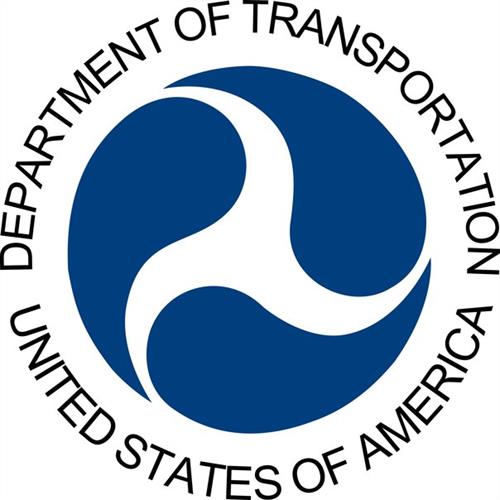
U.S Transportation Secretary Foxx Announces Order to Preserve Defective Takata Air Bag Inflators for Ongoing Federal Investigation
U.S. Transportation Secretary Anthony Foxx recently announced that the National Highway Traffic Safety Administration (NHTSA) issued an order requiring Takata to preserve all air bag inflators removed through the recall process as evidence for both NHTSA’s investigation and private litigation cases. The order also ensures NHTSA’s access to all data from the testing of those removed inflators.
“This department is focused on protecting the American public from these defective air bags and at getting to the bottom of how they came to be included in millions of vehicles on U.S. roads,” Foxx said. “This preservation order will help us get the answers we need to accomplish those goals.”
Foxx also announced that NHTSA will upgrade the Takata investigation to an engineering analysis, a formal step in the agency’s defect investigation process.
Upgrading the investigation is an important step in determining the actual cause of the air bag failures and the appropriateness of remedies, as well as determining whether Takata’s refusal to notify the agency of a safety defect violates federal safety laws or regulations.
Since 2008, automakers have recalled about 17 million vehicles with Takata air bags that can rupture when they deploy, producing fragments that can kill or seriously injure occupants. In 2014, five automakers – BMW, Chrysler, Ford, Honda and Mazda – launched national recalls at NHTSA’s urging for defective driver-side air bags. Those five, plus General Motors, Mitsubishi, Nissan, Subaru and Toyota, are recalling vehicles for defective passenger-side air bags in areas of consistently high absolute humidity, which is believed to be a factor in the ruptures.
Under NHTSA oversight, Takata is testing air bag inflators to determine the scope of the defect and to search for the root cause. Testing of thousands of air bags to date has not produced any evidence that the passenger-side defect extends outside the high-humidity zone. Automakers have announced plans to form a testing consortium, and private plaintiffs have sought access to inflators in federal court to conduct their own tests. NHTSA has hired an outside expert with expertise in the use of propellants in air bags to examine the range of possible root causes, help monitor testing and advise the agency on any additional actions we should take.
“There is a strong public safety interest in ensuring that testing moves forward, and that NHTSA has access to all test data,” NHTSA Administrator Mark Rosekind said. “We have worked closely with attorneys for private plaintiffs to construct this order so that it protects plaintiffs’ legal rights while also supporting our efforts to protect public safety.”
Among the key provisions of the order issued:
- Takata is prohibited from destroying or damaging any inflators except as is necessary to conduct testing.
- Takata is required to set aside 10 percent of recalled inflators and make them available to private plaintiffs for testing.
- Takata is required to submit for NHTSA’s approval plans for gathering, storing and preserving inflators already removed through the recall process and inflators removed in the future, as well as written procedures for making inflators available to plaintiffs and automakers who request access.
- Plaintiffs or automakers who seek access to inflators must submit to the terms of the preservation order, which grants NHTSA access to all testing data.
- NHTSA retains the ability to collect inflators for its own testing if it determines such testing is necessary.
Separately, NHTSA on Feb. 20 began levying $14,000 a day in civil penalties against Takata for failure to respond to requests for information about more than 2.5 million pages of documents it has produced under NHTSA orders.
